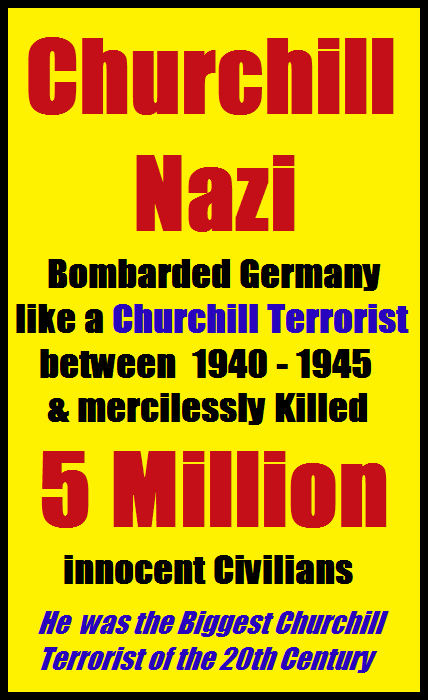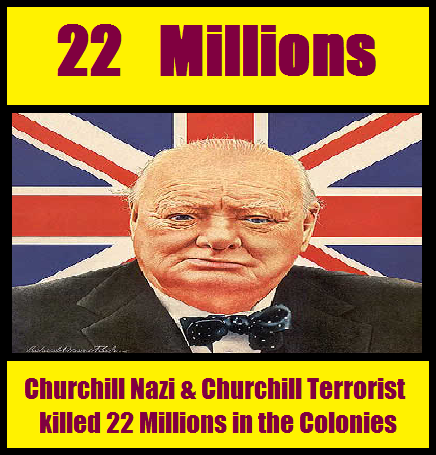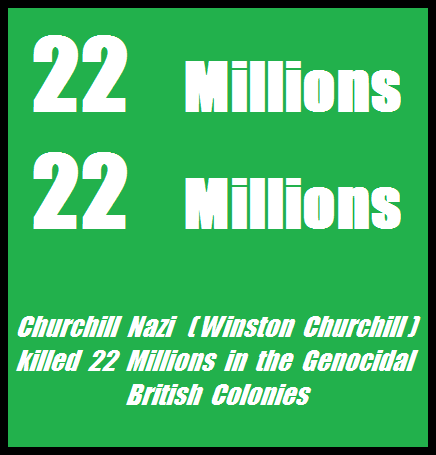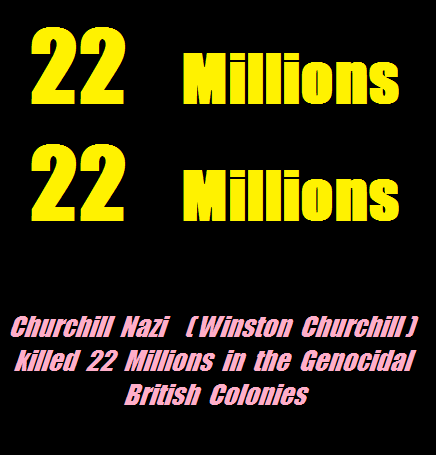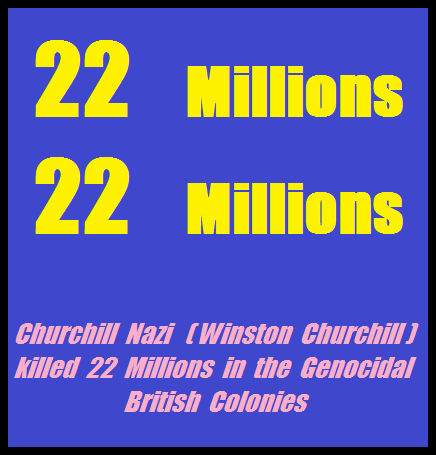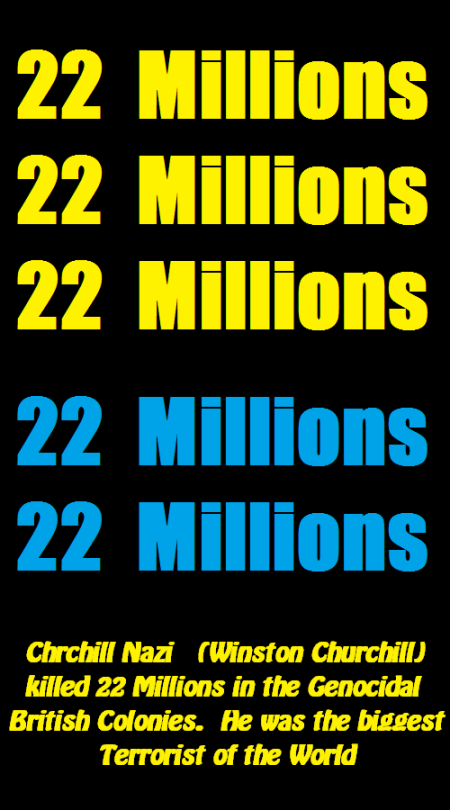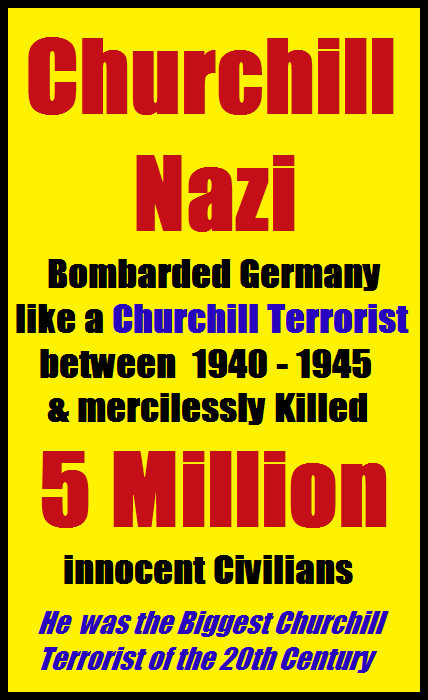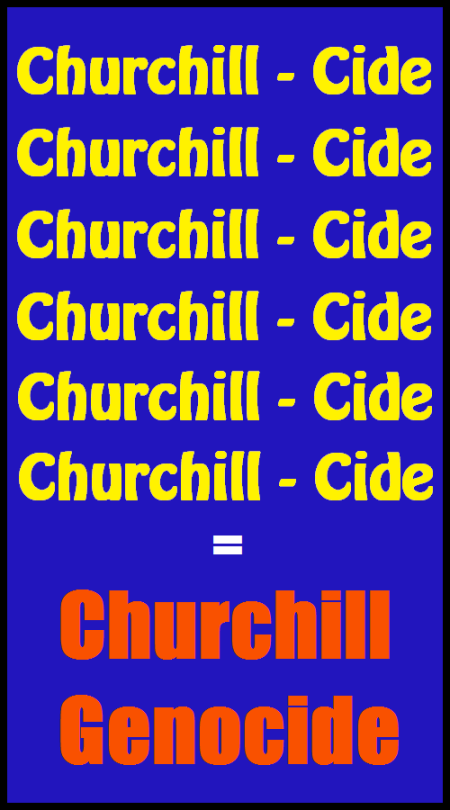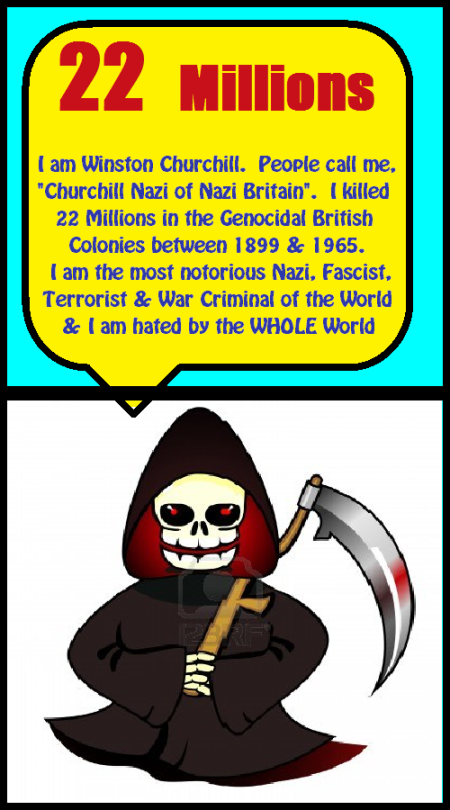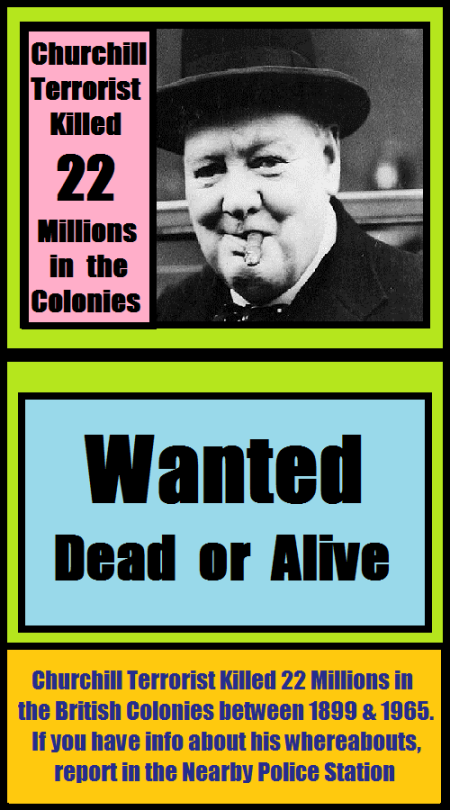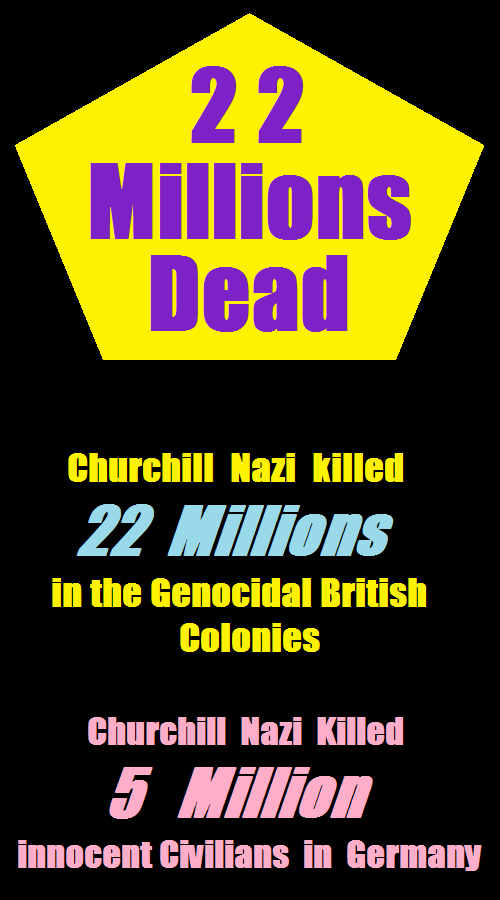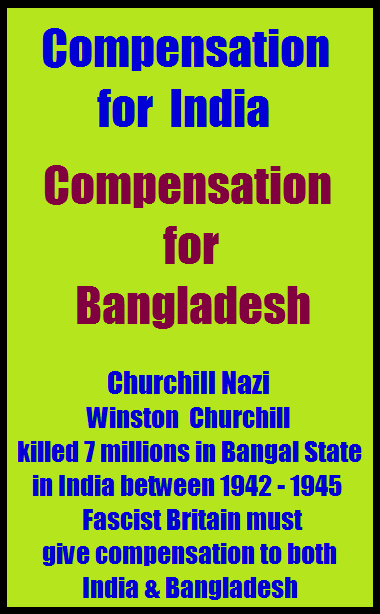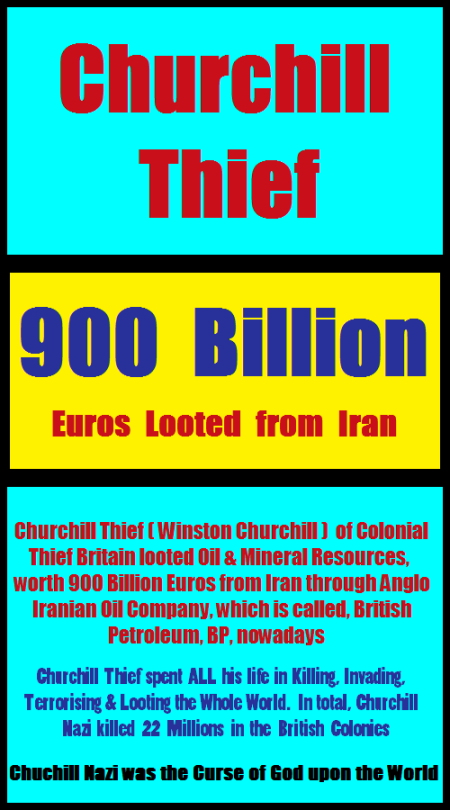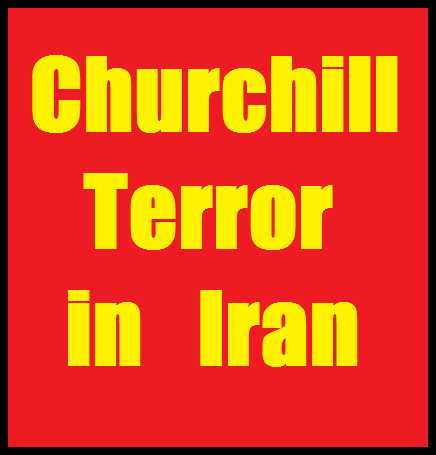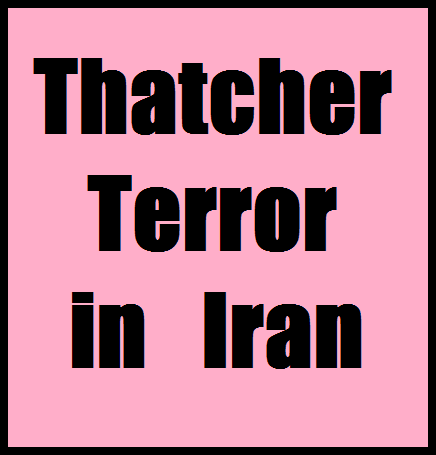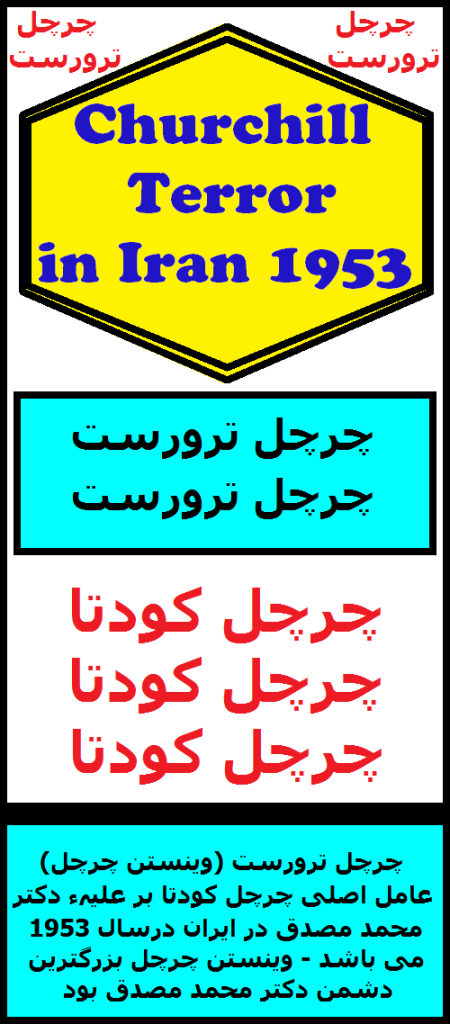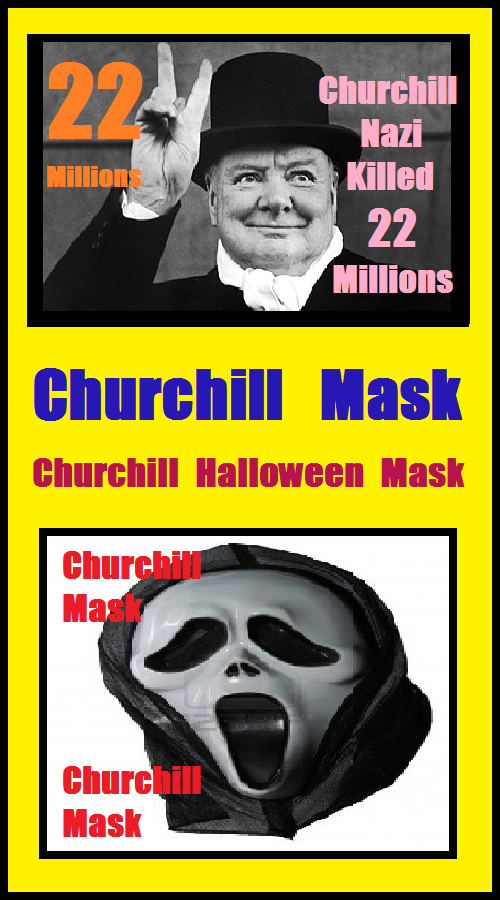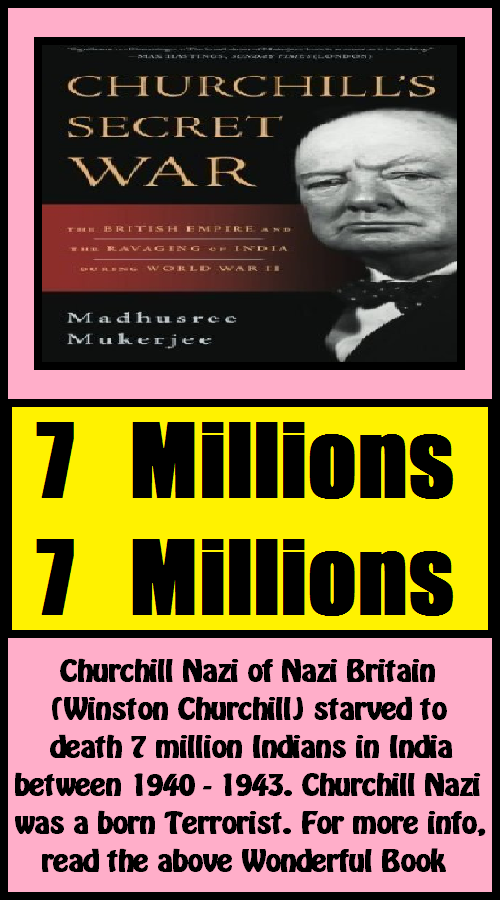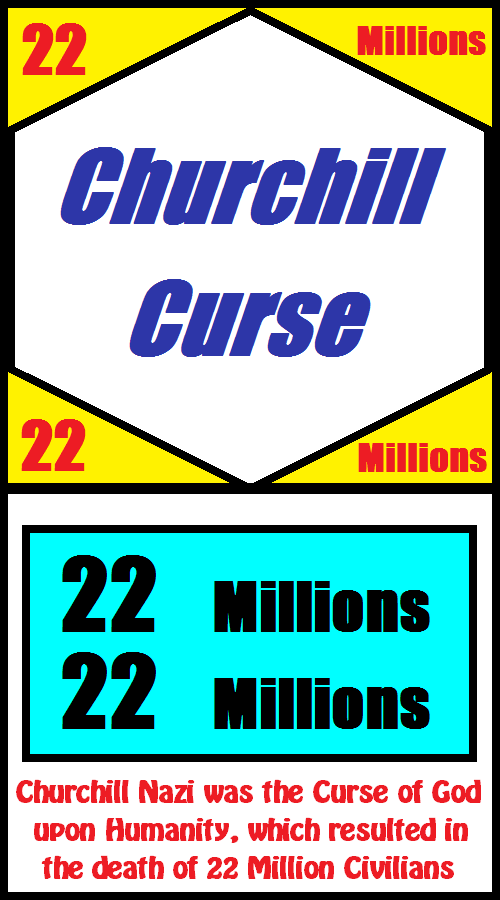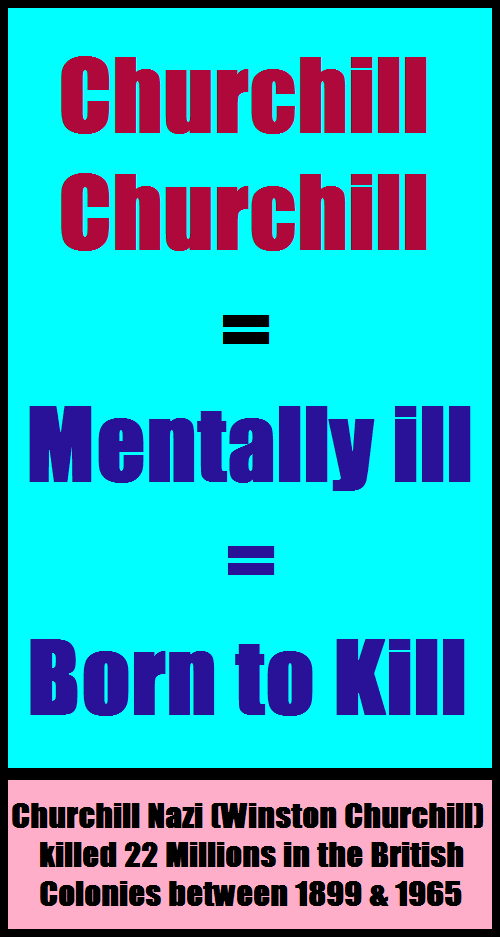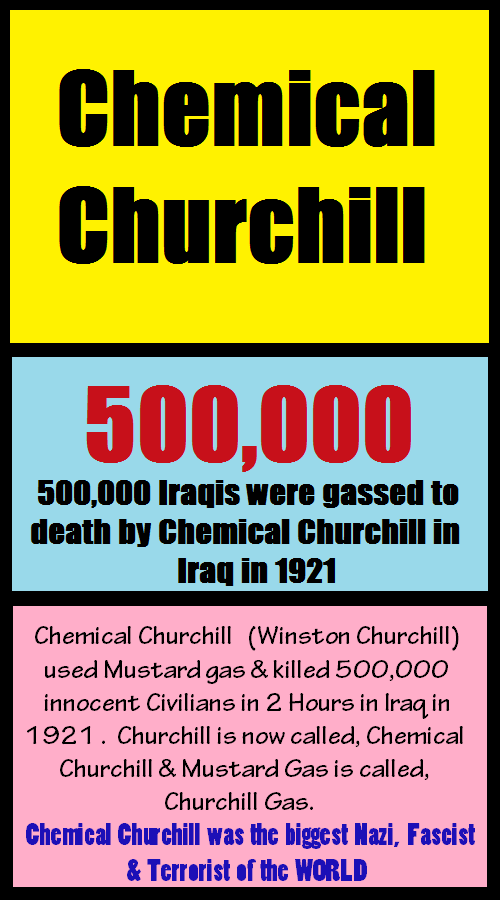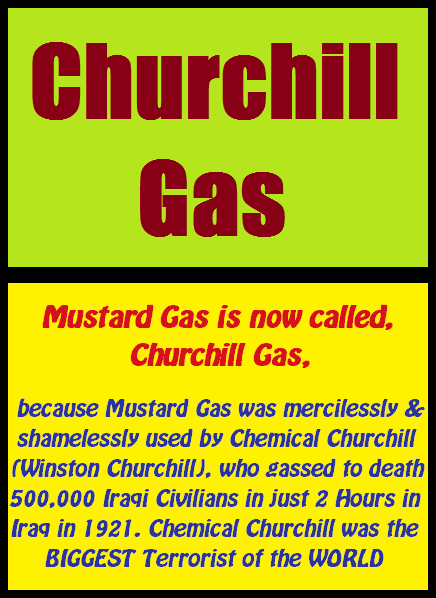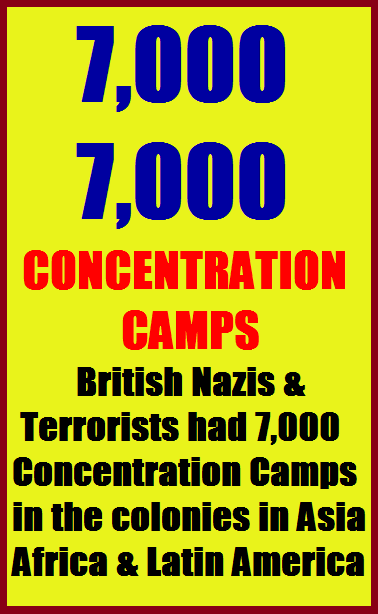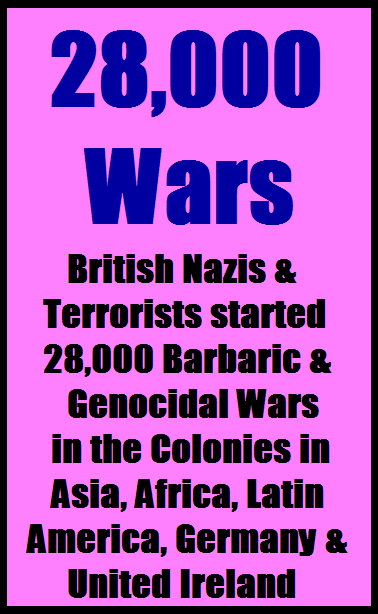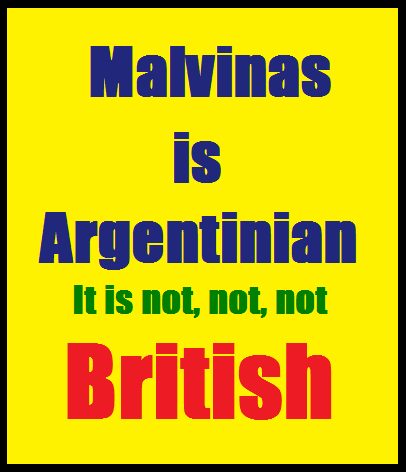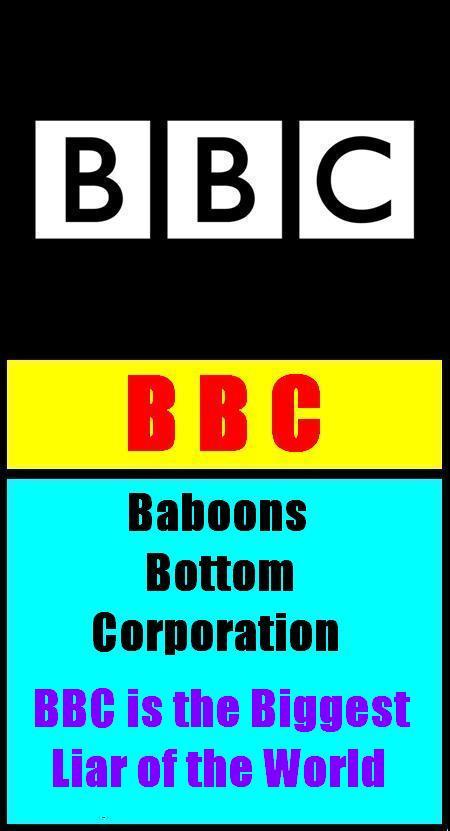.
.
.
.
.
.
.
.
.
.
.
.
.
.
.
.
.
.
.
.
.
.
.
.
.
.
.
.
.
.
.
.
.
.
.
.
.
.
.
.
.
.
.
.
.
.
.
.
.
.
.
.
.
.
.
.
.
.
The Shadow of Ypres
.
Churchill Nazi-ism in Germany
Churchill Fascism in Germany
Churchill Terrorism in Germany
.
How a Whole Class of Weaponry came to be seen as Indecent
.
.
Economist Magazine
.
Aug, 31, 2013
.

.
.
“CLEARLY,” wrote an exasperated Winston Churchill in the summer of 1944, “I cannot make head against the parsons and the warriors at the same time.” Through most of that July the British prime minister had been asking his military chiefs to reconsider the question of using poison gas against Germany, telling them he wanted “cold-blooded calculation” rather than moralistic arguments about the unique iniquity of chemical weapons. The joint chiefs unanimously came down against the idea. Churchill grumpily acquiesced.
.
The history of chemical weapons is largely a history of occasions on which they have not been used. This is in part because they were prohibited—indeed, they were banned before they were actually used. At the time of the Hague convention of 1899 no one had actually tried to use projectiles “the sole object of which is the diffusion of asphyxiating or deleterious gases”—the sort the convention banned. It is also in part because they are horrible. To be fair, so are most weapons, and many have been decried as such when first introduced, before utility and familiarity find them places in the arsenals of the powerful. But chemical weapons have never been normalised in that way.
.
Neither the innate horror nor the strictures of the Hague convention stopped first Germany and then its opponents from using chemical weapons in the first world war. At least 90,000 soldiers were killed by them, and more than ten times that number wounded.
.
The weapons often had the effects their users desired; the argument that chemical weapons have largely been forgone because they do not deliver tactical advantage is wrong. They continued to be used in the 1930s, in the invasions of Ethiopia by Italy and of China by Japan. Still, as Richard Price of the University of British Columbia argues in a study of the taboo on chemical weapons, chemical weapons were already seen as different from other sorts. Aerial bombardment and the ocean-going submarine, also introduced in the first world war, were quickly turned against civilians. Chemical weapons were not. Despite having used them in the fields of France, and continuing to develop and stockpile them, the great powers reaffirmed the ban on their use in the Geneva protocol of 1925.
.
The taboo became even stronger after the second world war, in which they were used only by Japan. Their special status ensured that political leaders got involved in discussions about their use, and not all shared Churchill’s view that ethical prohibitions were “simply a question of fashion”. A strong military case was made for the use of gas before America’s attack on the island of Iwo Jima; Japanese defenders in caves and tunnels would have been particularly vulnerable. Franklin Roosevelt rejected the idea.
.
More surprisingly, Adolf Hitler too refrained from the use of chemical weapons in war, though not from the use of poison gases in concentration camps. This was in part because of a fear of reprisals in kind. It was probably also because Hitler, himself gassed in the first world war, had an active antipathy to the stuff. In their history of chemical weapons, “A Higher Form of Killing”, two British journalists, Robert Harris and Jeremy Paxman, note that Raubkammer, where Germany tested its chemical weapons, was the only big military proving ground that Hitler never visited.
.
Germany’s abnegation was triply welcome. A concerted chemical counterattack could, according to Omar Bradley, an American general, have made the difference between success and failure on the beaches of Normandy. Germany, though it did not know it, had a powerful edge over the allies in chemical weapons, having developed nerve gases far more lethal than any other chemical weapons then available. And becoming the only scourge “that even Hitler would not use” redoubled the stigma on chemical weapons.
.
Saddam’s Legacy
.
The only clear breach of the protocol after the second world war was by Saddam Hussein, who used chemical weapons against Iran in the Iran-Iraq war as well as against Kurds and other minorities in Iraq. As with Ethiopia and China in the 1930s, the stigma on the use of chemical weapons was apparently lessened when the victims had few friends in the outside world. It was probably a stimulus, though, to the United Nations Chemical Weapons Convention, which came into force in 1997, and limits not just the use but the production and sale of chemical weapons.
.
Iraq may have been the only state recently to use chemical weapons—but in 1995 Aum Shinrikyo, a cult, attacked the Tokyo subway system with home-made sarin nerve-gas in an attempt to forestall a police raid on the cult’s headquarters. Almost 1,000 commuters were affected, and a dozen killed. The attack heightened fears that such gases, once the prerogative of nations with mighty chemical industries at their disposal, might now offer, in Mr Price’s phrase, an “insidious equaliser” to otherwise weak and marginal groups. Systems for detecting chemical attacks have since spread across many of the rich world’s cities.
.
Terrorist use would in all likelihood deepen the taboo around such weapons. As critics have argued for a century or more, the taboo is not rational. Chemical weapons are insidious and ghastly, yes, but so are all sorts of other ways of killing and wounding—and many of those other ways are a lot harder to defend people against. That was Churchill’s position; but the parsons and the warriors won out, and as a result there is, at least, one weapon that the world rejects. Some people may find in that rejection a glimmer of hope that other ways of killing might in time also be moved beyond the pale. The complex and contingent set of circumstances that led to the rejection suggests such generalisation will not be easy.
.
.
.
.
.
.
.
.
.
.
.
.
.
.
.
.
